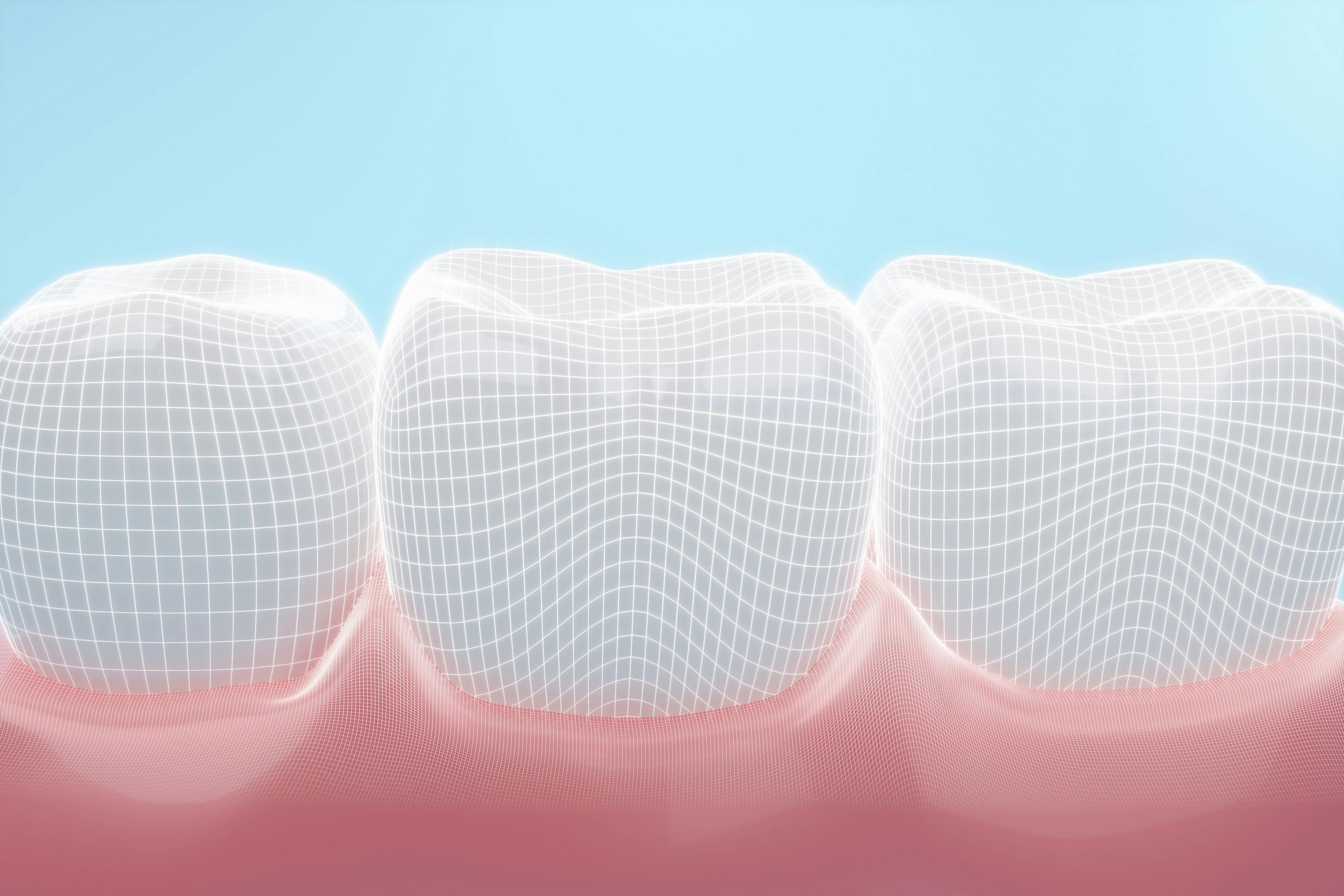Is fluoride toothpaste safe?
Toothpastes you can get from supermarkets and pharmacies in the UK contain age-appropriate amounts of fluoride.
In the past there have been concerns that fluoride could be linked to some health conditions, but studies and reviews into these links have found no evidence to support the claims.1
There is a risk that overexposure to fluoride can cause dental fluorosis in children’s teeth. Signs of mild fluorosis include fine white lines or flecks on a tooth’s surface. If it progresses, it can cause pitting and discolouration to the tooth enamel. However, fluorosis is a rare problem in the UK, as trusted dental care brands contain age-appropriate amounts of fluoride and levels of the mineral in water supplies is monitored by a body called the Drinking Water Inspectorate (DWI) – if levels of fluoride become too high, they are adjusted.1
How does fluoride protect teeth?
Fluoride acts topically, affecting the tooth’s surface to protect it from decay. It helps prevent bacteria from producing acid in the mouth that attacks tooth enamel, and it aids in strengthening enamel that may be affected by the early stages of decay. So, it can act as both a preventative and a treatment for early tooth decay.3
Do I need to drink fluoridated water if I use fluoride toothpaste?
Evidence shows that water fluoridation has added benefits, even if we use oral care products that also contain the mineral. Studies have shown that children who grow up drinking fluoridated water alongside using fluoride toothpaste and other fluoride products and treatments were less likely to be affected by tooth decay than those who used fluoride oral care products but did not have access to fluoridated water.3
Adults also benefit from water fluoridation as well as using dental products containing fluoride. Studies show that adults who have had access to fluoridated water throughout their lives have 30-50% fewer teeth affected by decay than people who haven’t had the same access. This shows that people who drink fluoridated water for most of their lives are more likely to keep their natural teeth as they age.3
